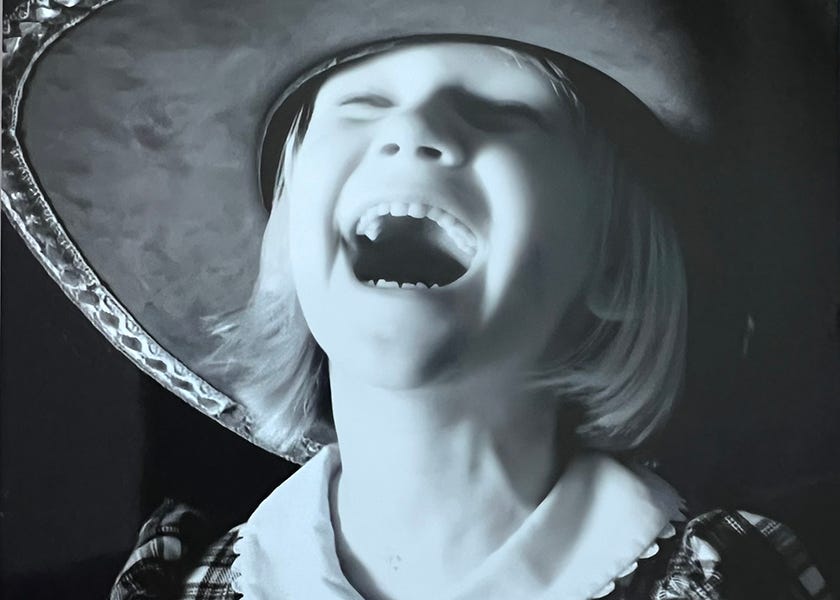Toward more conscious communication
A conscious communicator is curious and learns to ask then listen. They are motivated by the power and want of real conversations which lead to real connections.
We communicate constantly. Directly and indirectly. Consciously and unconsciously. Mindfully and mindlessly.
Communication happens, whether we want it to or not. As often as not, it goes the way you want. When it fails, you know it…while others seem to bask in the warm glow of self-deception.
Are you ever in awe that anything meaningful gets done?
There are moments when we say what we mean and stick the landing. And sometimes we just can’t find the words. We meander through the dark forest and dense underbrush of an exciting idea only to emerge alone, tired, and without any followers.
But communication is not the sole domain of speaking and writing. Nor is it the sole responsibility of one person.
To be a good leader, they say you must be a good communicator. However, how many leaders have you known who failed to communicate well and remained in their roles? The reverse should also be asked: How many good communicators do you know who failed to lead well? And should we expand the question: What, if any, responsibility do we ascribe to listeners when leaders “fail” to communicate?
Communication happens, but good communication takes work. There is no substitute for doing the work. However, because communication happens all the time, nearly all people believe they are above average communicators. (Communication and driving share this statistical anomaly—everyone believes he is above average. It’s always the other drivers who don’t know what they’re doing.)
So, how does one become a better communicator?
Here are a few things to start the discussion. We’ll build on these over time.
First, good communication is conscious communication.
This demands actual better-than-average skills as a communicator and an ability to observe the communication in real time. I realize this is a bit of a chicken-egg conundrum because above-average skills develop with greater awareness and vice versa. Our intention matters greatly.
A conscious communicator is reading, assessing, evaluating, questioning, and judging the tapestry of communication as the woof shuttles across the threads of the warp, watching for a pattern to emerge and learning as she goes. She is aware of her presence, her power, and her credibility—as well as her self-doubt and what she doesn’t know.
Second, conscious communication loves good questions.
A conscious communicator is curious and learns to ask then listen. They are motivated by the power and want of real conversations which lead to real connections.
Elaine Appleton Grant at Sound Judgment shares her conflict between asking questions as herself (to follow her curiosity) and as a journalist (the training to remove one’s self from the story). As she notes, “In America, we’re experiencing a crisis of belonging. A majority of the population feels disconnected to others. We are dying to feel close and connected, which happens when we feel seen and heard—and when we give the gifts of our curiosity and presence to others.”
I was driving my Honda Passport when I listened to the Sound Judgment podcast. As soon as I heard Elaine share this quote from author David Augsburger, I paused the episode so I wouldn’t lose my place. Once parked, I wrote it down: “Being heard is so close to being loved, that for the average person it is almost indistinguishable.”
Almost indistinguishable, indeed.
(The article: Great storytelling is built on revealing interviews. Are yours falling flat? The podcast has the same title.)
Third, conscious communication relies on looking for examples of what do and what not to do; what works and doesn’t work.
There’s an undeniable artistry to communicating well. Conscious communicators collect and curate and learn from others. They observe and read and listen and take notes. They are dedicated to their craft and committed to always improving. As a result, they grow in awareness and feed their curiosity in the process.
I’ll come back to this topic. It deserves more attention—and your comments are welcome and will be well-received.




